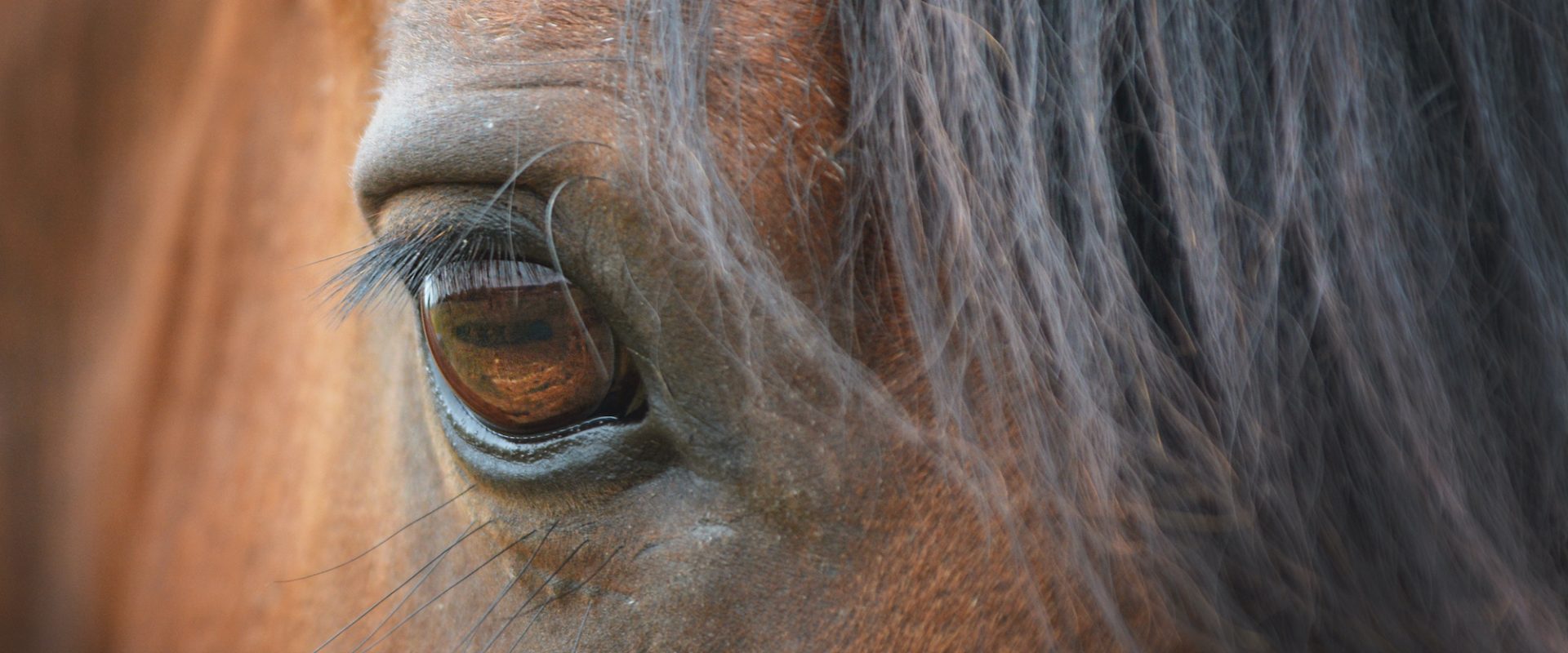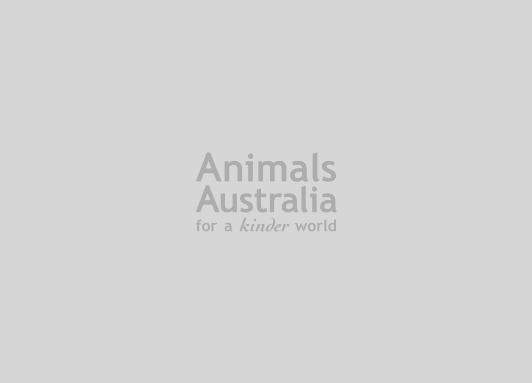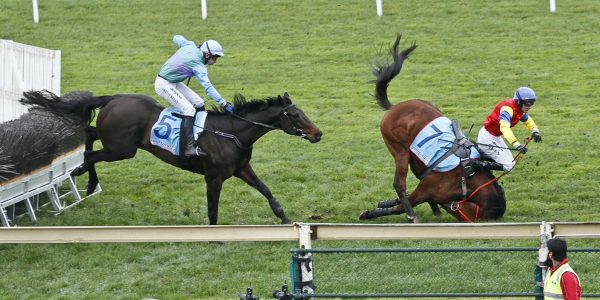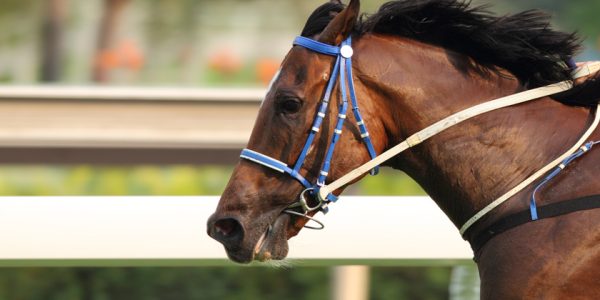The horse racing industry would have you believe it’s the most glamorous of sports … but for the animals involved, nothing could be further from the truth.
Horse racing is a profit-driven industry in which horses are typically seen as expendable, being discarded and replaced when they are no longer profitable. These sensitive and social animals lead an unnatural, restricted life while racing, or can end up as ‘wastage’ when the industry has no further use for them.
The horses who are deemed good enough to race are commonly subjected to gruelling training, which can result in severe injuries, both physical and mental. Not to mention the inhumane use of painful whips and tongue ties during races and the risk of fatal injury on track.
At least one horse dies every 2 days on Australian racetracks and many have died while racing in the Melbourne Cup, such as Anthony Van Dyck, who tragically broke down mid-race in 2020.










